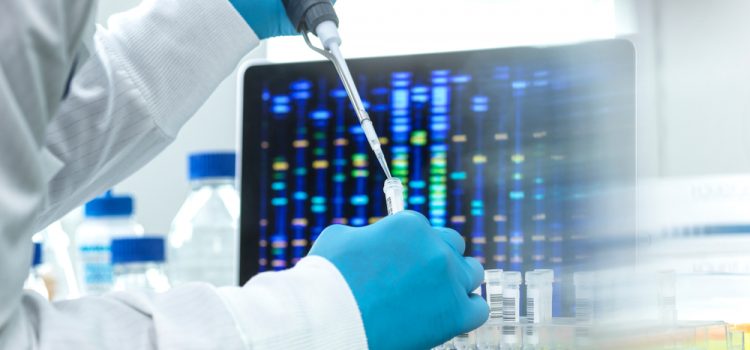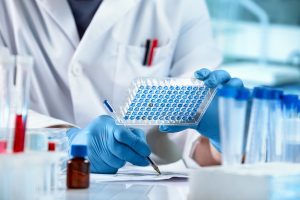
How Do Your Genetics Affect Your Ability to Detox?
Your body has detox pathways, complex biological systems that neutralize and eliminate toxins. What’s rarely discussed is how much your genetics determine whether these detox pathways work efficiently – or fail under stress! This is where genetic detoxification comes into play.
A wave of breakthroughs in nutrigenomics and genetic detoxification mapping (including data from genome-wide association studies, better enzyme pathway modeling, and real-world applications of AI in genomics) has shifted everything.
With advances in detox genetic testing, we can now map your detox genomic profile, identifying exactly where your body excels or struggles in neutralizing heavy metals, breaking down medications, or handling oxidative stress.
We Can Now Predict Your Detox Weak Spots—With Precision

These aren’t vague risk factors. These are specific molecular bottlenecks in your detox engine, and we didn’t know how to trace them this clearly two years ago.
Phase 2 Detox Pathways: Where Genetics Matter Most
Your detox system is broadly divided into Phase 1 (activation) and Phase 2 (neutralization and elimination). Phase 2 is where your genes play a critical role, and dysfunction here can mean toxins stay in your system longer than they should.
For example, individuals with reduced activity in the SOD2 and CAT genes have below-average ability to neutralize reactive oxygen species. This means more oxidative stress and a greater burden on other detox organs.
Similarly, polymorphisms in the COMT gene influence how quickly you break down neurotransmitters like dopamine and adrenaline. But – increased COMT activity (which helps clear stress hormones faster) can also deplete key nutrients like magnesium and B vitamins if not properly supported.
Knowing your genetic vulnerabilities allows for targeted intervention, not guesswork.
Detox and Cognitive Resilience: The Neurotoxicity Link

A 2024 meta-analysis revealed that individuals with high oxidative stress polymorphisms (SOD2, GPX1, CAT) are significantly more vulnerable to environmental neurotoxins, including air pollution and pesticides, and the effects may be epigenetic, affecting future generations.
Having a genetic detoxification profile is no longer optional biohacking. It’s central to long-term brain health.
Heavy Metals and Your Genes: Are You Vulnerable?
The genetic ability to detoxify heavy metals like mercury and arsenic varies wildly from person to person.
- The GSTM1 and GSTT1 genes regulate glutathione, a major antioxidant responsible for mercury detox.
- In the sample case, GST activity was moderately compromised, suggesting a lower capacity to excrete mercury.
If the activity of one of these genes is moderately compromised, it doesn’t mean you’re doomed—but it does mean that relying on a generic detox protocol can be problematic.
Someone with low GST activity might need glutathione precursors (like NAC), selenium, and targeted lifestyle support, while someone with efficient pathways can tolerate more exposure without harm. This is where a genetic test for detoxification isn’t just useful—it’s essential.
The Takeaway: Personalize or Miss the Mark

- If your methylation and antioxidant enzymes are working or need support
- Whether heavy metals pose a unique risk for you
- How your body responds to environmental toxins like alcohol, pesticides, and THC
From there, you can design precise interventions: sulfur-rich foods for GST support, methylated B vitamins for methylation imbalances, magnesium for COMT overactivity, and more.
Your detox pathways are dynamic, genetic, and upgradeable. We’re now in an era where a detox genomic profile can tell you:
- What toxins you can handle—and which ones will overwhelm you.
- What nutrients your detox enzymes require—and which ones you’ll waste unless properly supported.
- How your genetic blueprint actually clears inflammation, stress, and metabolic waste.
Interested in how you could benefit from genetic detoxification? Learn more about the integrative medicine treatments and testing available at our holistic health clinic!
